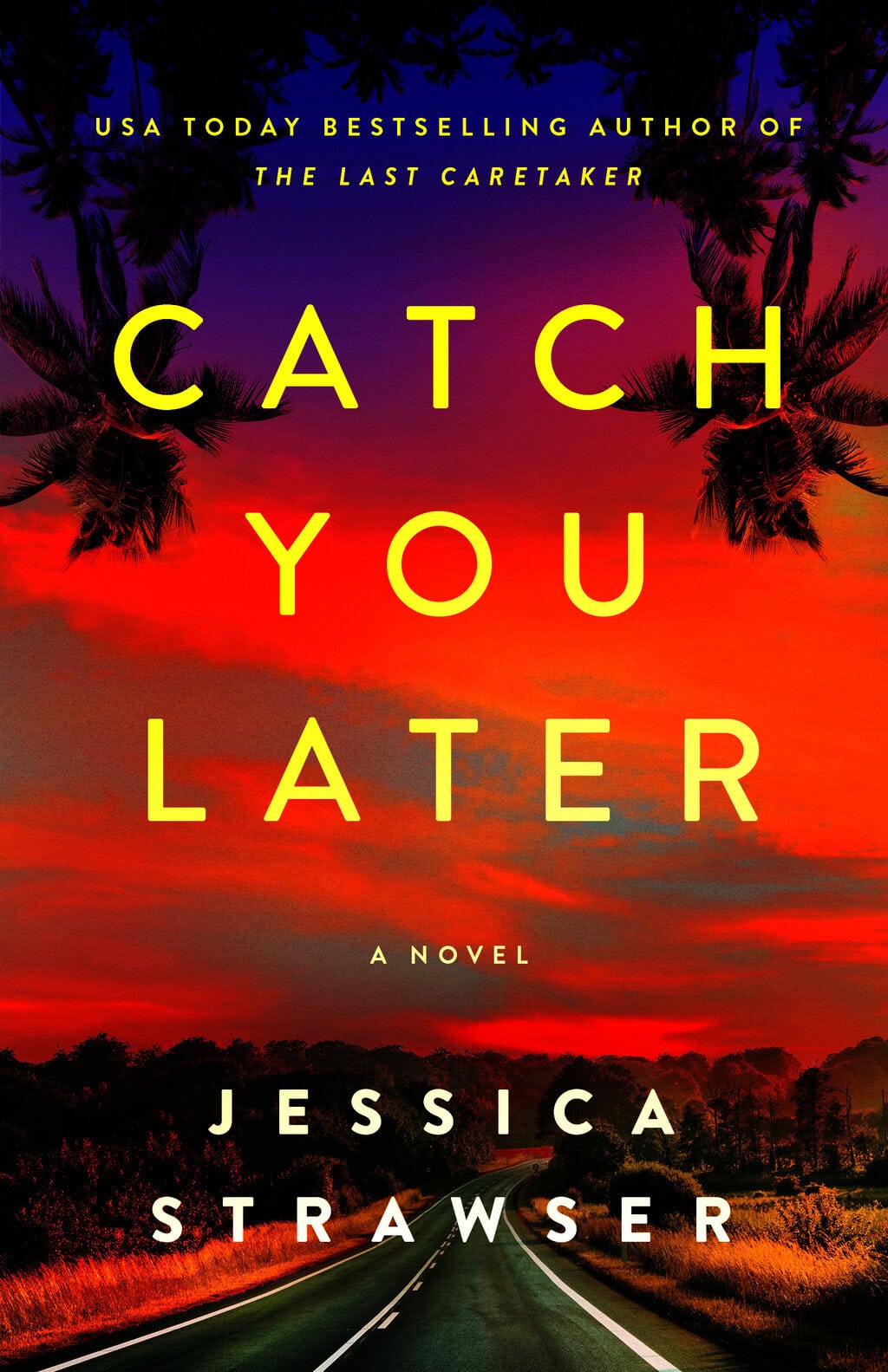The real problem with writing a book is that life has this terrible habit of getting in the way. Day jobs have deadlines; children want to eat dinner every single night; responsibilities beckon from every corner. How can you prioritize getting out a draft when you have so much else to do?
Here’s what worked for me: self-trickery.
I started writing the manuscript that became my memoir Never Simple when maternity leave was over and I was suddenly, gloriously free for five full hours a week. Every weekday lunchtime I could get up from my desk, walk the twenty feet to the staff lounge, sit down with my laptop and my tupperware and type away, blissfully undisturbed by anyone who wanted to nurse, or to play monster, or to know the status of the latest development sprint.
(This is what freedom looks like when you have two children under a year and a half old, a full-time job, and limited, ruinously expensive childcare: a different table on which to put your laptop. I know. Don’t tell me, tell Congress.)
Two days a week I stirred myself from the office and went to the gym, hoping to move my creaking bones enough that rigor mortis wouldn’t set in pre-death; and three days, I wrote.
I had a daily word count goal, and I told myself that no matter what, I had to hit that goal. Or what? Or nothing.
There was no punishment or fine or other real-life repercussions if I didn’t make it, but I’m what Gretchen Rubin calls “an Upholder”; if it’s in a spreadsheet, to me it’s law.
In two years, I had a finished draft. Parts of it were good; other parts were–to put it undeservedly politely–not. But it didn’t matter. My block was getting anything down on paper to start with. Setting myself a rule–a toothless one, but a rule nonetheless–got me past that block.
This isn’t a new idea. In her how-to classic Bird by Bird, Anne Lamott talks about the importance of “shitty first drafts.” Just get it on the page, she says, so that you can produce a good second draft and a great third one. Once I had a draft, I had something to work with. It’s so much better to have a middle that drags than no middle at all.
Editing beats writing, every time.
Here are four tips for getting yourself in the chair and churning out that critical first draft.
1. Make your word count goal substantial, but attainable.
If it actually gets in the way of your life, you won’t do it. For my first book, I wrote 250 words per day three days a week, and it took two years. Fueled by the excitement of selling that manuscript, I then upped my count to 500 words per day five days a week for my second book, and that took one year. Find the right cadence for you and stick to it.
2. Trick yourself.
Maybe you can’t have a second cup of coffee before you get your words out, or eat your lunch, or go to that meeting, or mess around on social media. There may not be anything physically holding you back from any of this, but setting arbitrary rules and sticking to them can really work.
3. Make a spreadsheet.
This one may not be for everyone, but are you the kind of person who’s motivated by your own goals? Create a spreadsheet: make one column the running word count tally, and set it to turn green if you’re keeping up, and red if you’ve fallen behind. And can you handle public accountability? Fear not! It’s motivating! Share that spreadsheet with a friend who’ll check in with you. Tell them to be stern.
4. Have your Present Self make things easier for your Future Self.
The hardest part of writing can be staring at a mass of written text and the long empty pages that follow. Leave yourself a bookmark and instructions for where you will begin when you sit down the next day. That could be identifying an important “pod” of content–a scene or description that you know is important and that will inspire you–or finishing mid-scene or even mid-sentence. You want to trick Future Self into starting to type, and there’s no better way than giving yourself something to finish, rather than to start.
Do you have unique strategies (or tricks or mind games) you use to accomplish your writing goals? Share with us on Facebook.

 Liz Scheier’s Never Simple has garnered praise from the New York Times, Publishers Weekly (starred review), Kirkus, Library Journal, Bookpage, Booklist, and bestselling authors Augusten Burroughs, Jenny Lawson, Isaac Mizrahi, and Elissa Altman. It was chosen as a Best Book of March by Amazon and Apple Books, and was featured as one of “15 March Reads to Get You Through the Month” on Good Morning America. Liz has contributed work to The New York Times, Slate, and Publishers Weekly. She is a product developer living in Washington, DC with her husband, two small children, and an ill-behaved cat. Never Simple is her first book. She is working on the second.
Liz Scheier’s Never Simple has garnered praise from the New York Times, Publishers Weekly (starred review), Kirkus, Library Journal, Bookpage, Booklist, and bestselling authors Augusten Burroughs, Jenny Lawson, Isaac Mizrahi, and Elissa Altman. It was chosen as a Best Book of March by Amazon and Apple Books, and was featured as one of “15 March Reads to Get You Through the Month” on Good Morning America. Liz has contributed work to The New York Times, Slate, and Publishers Weekly. She is a product developer living in Washington, DC with her husband, two small children, and an ill-behaved cat. Never Simple is her first book. She is working on the second.





